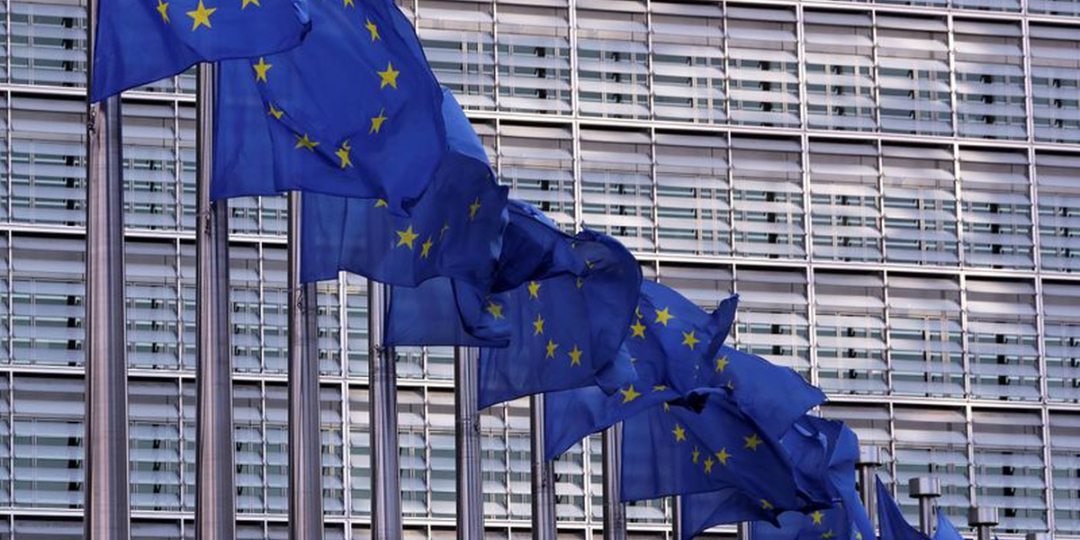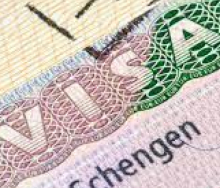The European Union Council has agreed to reopen its borders to visitors from 14 countries, effective July 1, as stated in a document from the Council.
The countries permitted are Australia, Canada, Japan, Algeria, Georgia, Montenegro, Morocco, New Zealand, Rwanda, Serbia, South Korea, Thailand, Tunisia and Uruguay. Chinese travellers will also be allowed, pending reciprocal access to China for EU visitors.
The countries were chosen on various criteria, including that the number of new cases over a 14-day period had to be close to, or below, the EU average, and that countries needed to have a "stable or decreasing trend of new cases over this period". The UK, which currently has a mandatory quarantine period of 14 days for travellers, would be treated as part of the EU until the end of the year, the Council said.
EU member states can decide how the restrictions are eased for countries on the list. "They may, in full transparency, lift only progressively travel restrictions towards countries listed,” the Council said. Only hours after the EU’s announcement, Italy said it would not lift its ban on travel from outside Europe, Euroweekly reported.
Research by the World Travel & Tourism Council shows that for every 1% increase in international arrivals into Europe, US$7,23 billion (R122bn) in additional GDP would be generated.














